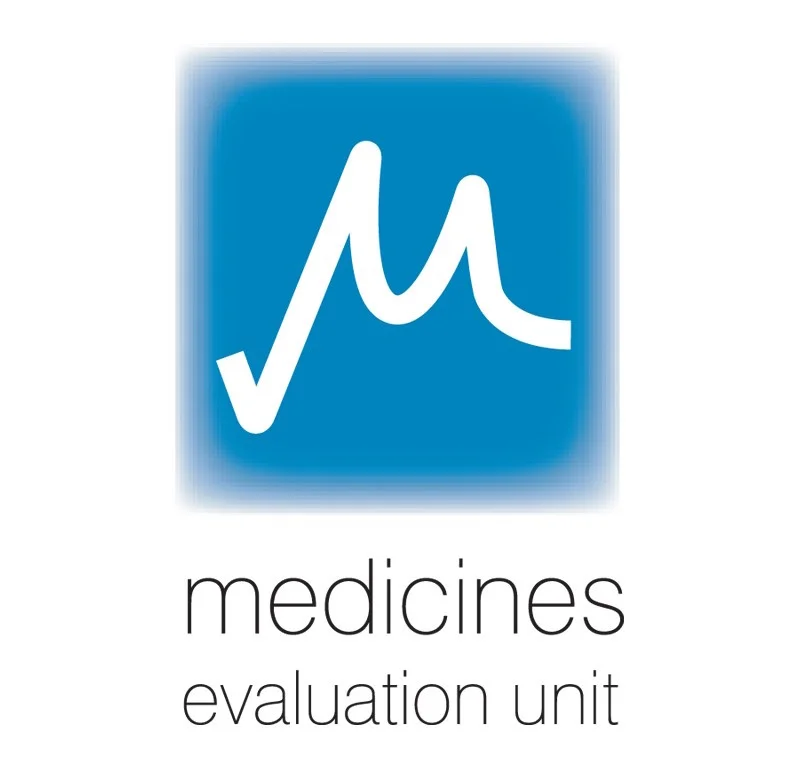
 In collaboration with top global propellant manufacturers, we are proud to be one of the world’s leading inhaler-testing companies.
In collaboration with top global propellant manufacturers, we are proud to be one of the world’s leading inhaler-testing companies.
With the ban on CFCs under the Montreal Protocol in 1996, MEU led the testing of ozone friendly CFC-free inhalers that replaced CFC containing inhalers.
However, these newer inhalers contain propellants with high GWP (global warming potential) and account for 4% of the NHS’ carbon footprint.
Currently, a single blue asthma inhaler is equivalent to almost 200 miles in a family car. Over the next 5 to 10 years, with the support of MEU research, the world will be able to reduce its dependency on these high GWP inhalers which adversely impact climate change.
The MEU is now at the forefront of testing new climate-friendly inhalers to ensure they are safe and effective for large populations worldwide and to support the transition towards low GWP propellants in devices used for inhaled drug delivery. Dry powder inhalers (DPIs), inhalers with new low GWP propellants, and non-propellant soft mist inhalers, all of which are undergoing development, could reduce the NHS Carbon footprint that is due to inhalers closer to zero over the next few years.
MEU have successfully conducted clinical studies into the investigation of new propellants including HFA-152a which offer a lower risk profile and intend on further clinical work in this area.
As many of these trials are investigating propellants and not active IMP, MHRA do not deem these trials to be a Clinical Trial of Investigational Medicinal Product. This therefore removes the need for MHRA submission, speeding up the process for those relevant studies (placebo pMDI’s only).
